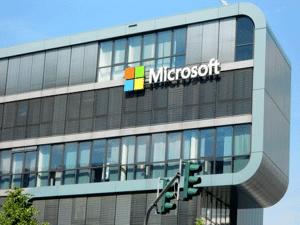President Luiz Inacio Lula da Silva has unveiled an extensive $350 billion infrastructure investment plan aimed at revitalizing Brazil’s economy and driving a sustainable transition.
The bulk of this investment, totaling $264 billion, is slated for implementation by 2026. Lula and his allies are positioning the initiative as akin to President Joe Biden’s drive to stimulate the U.S. economy with approximately $1 trillion directed towards new infrastructure ventures and clean energy projects.
This program bears the same name as a 2007 investment plan introduced during Lula’s previous presidency – the Growth Acceleration Plan (PAC). However, this time around, Lula’s administration intends to emphasize environmental concerns, aligning with campaign commitments for sustainable economic advancement.
The investment strategy will be supported by a combination of federal funds, concessions, and public-private partnerships, all directed towards a diverse array of transportation, sanitation, and ecological transition initiatives.
Out of the total amount, $220 billion will come from public funds, while the private sector is set to contribute $125 billion. A notable portion, $110 billion, is designated for energy transition projects.
Brazil’s state-owned oil corporation, Petroleo Brasileiro SA, will again be a key player in this new investment endeavor. The oil giant has already outlined a $78-billion strategic plan for the next five years and is considering further expansion between 2024 and 2028, with a focus on allocating up to 15% of investments towards low-carbon undertakings.
The earlier iteration of the Growth Acceleration Plan proved instrumental in boosting public investment during Lula’s presidency, culminating in the establishment of numerous highways, bridges, hydroelectric schemes, refineries, and transmission lines.
However, several projects executed by prominent local infrastructure firms subsequently faced scrutiny due to allegations of corruption. This contributed to the initiation of Operation Car Wash, an extensive anti-corruption inquiry that led to the apprehension of numerous business and political figures, including Lula temporarily.
Moreover, certain initiatives were criticized for their environmental consequences. The PAC program supported ventures like oil refineries, including a significant petrochemical complex in Rio de Janeiro, as well as the Belo Monte dam, a contentious hydroelectric project within the Amazon rainforest that encountered vehement opposition from Indigenous communities and environmental advocates.
The challenges and controversies stemming from the PAC’s legacy may pose hurdles for the new initiative. The investigations into corruption led to bankruptcy for many implicated companies. Additionally, the conclusion of the era marked by massive public investment adversely impacted non-implicated firms, often leading to significant debts, workforce reductions, and legal disputes.
Consequently, the government now faces the task of executing sizable undertakings without the involvement of major contractors from the past.











